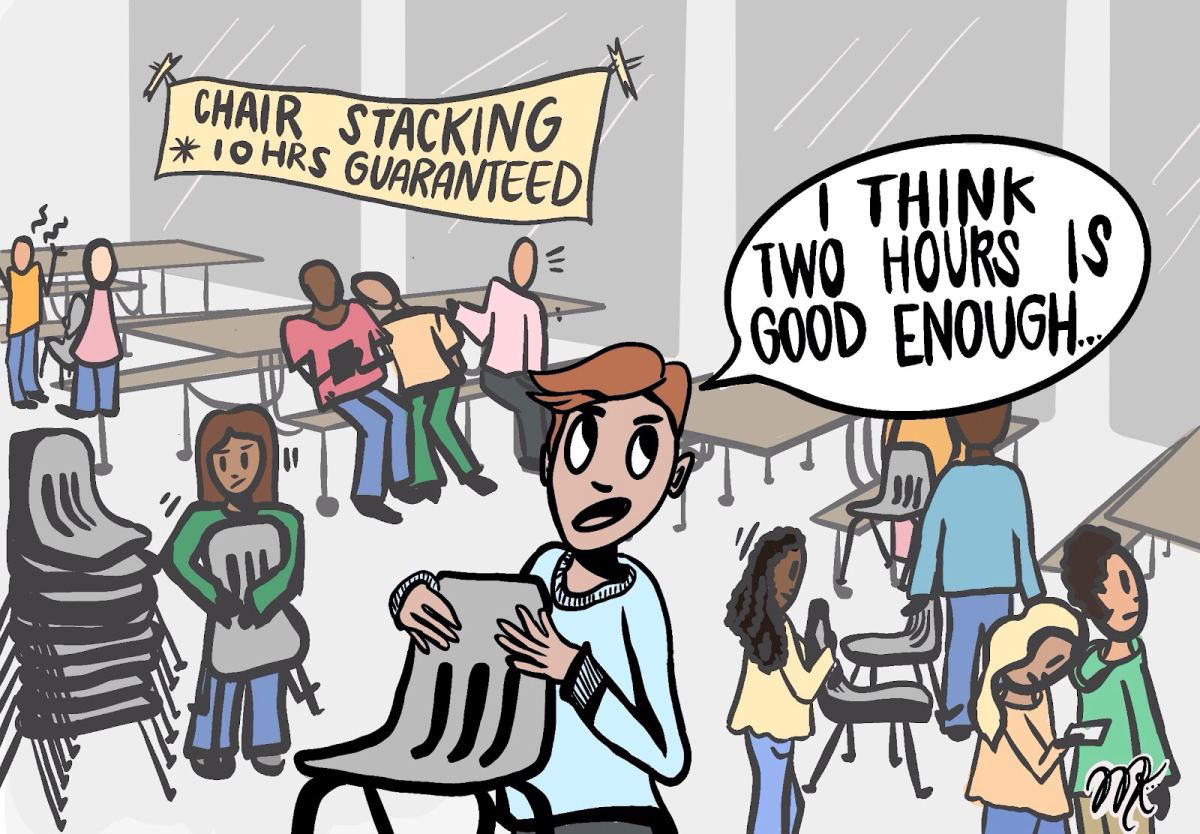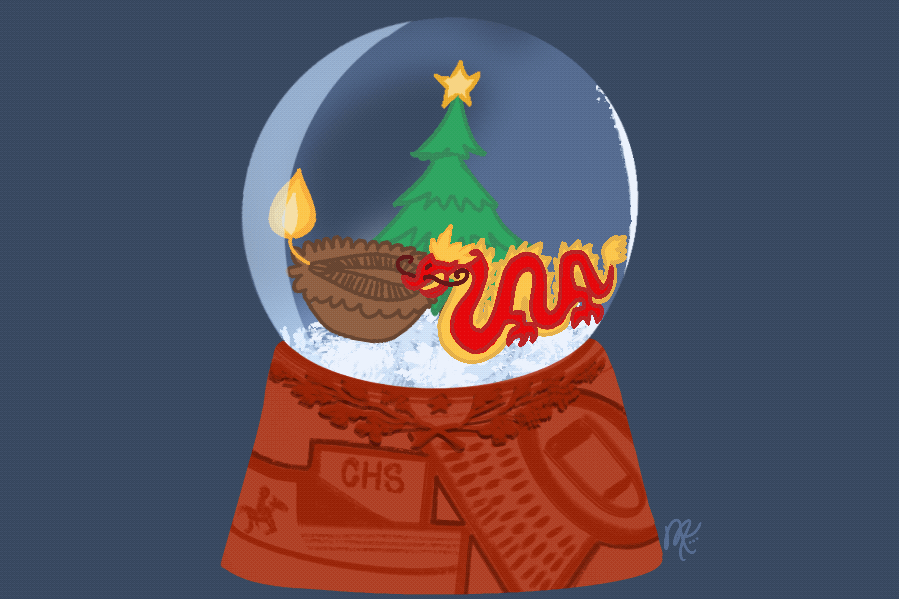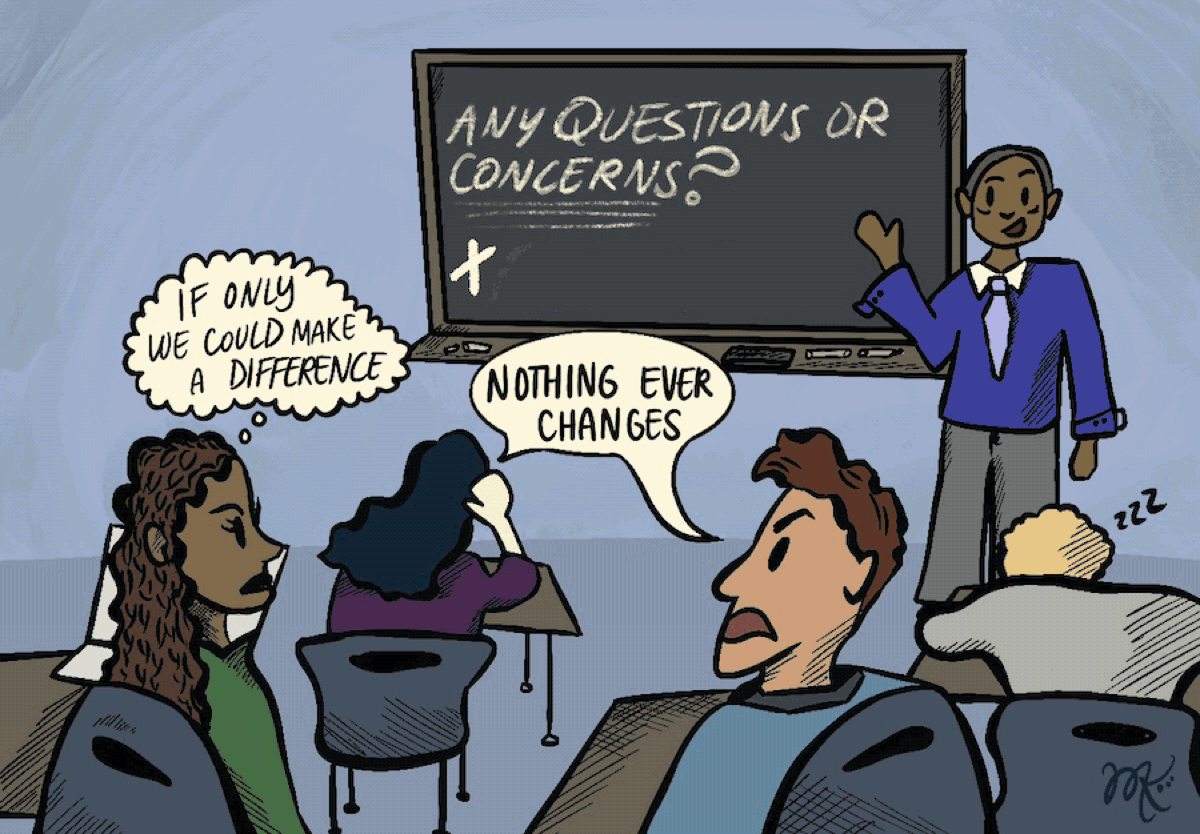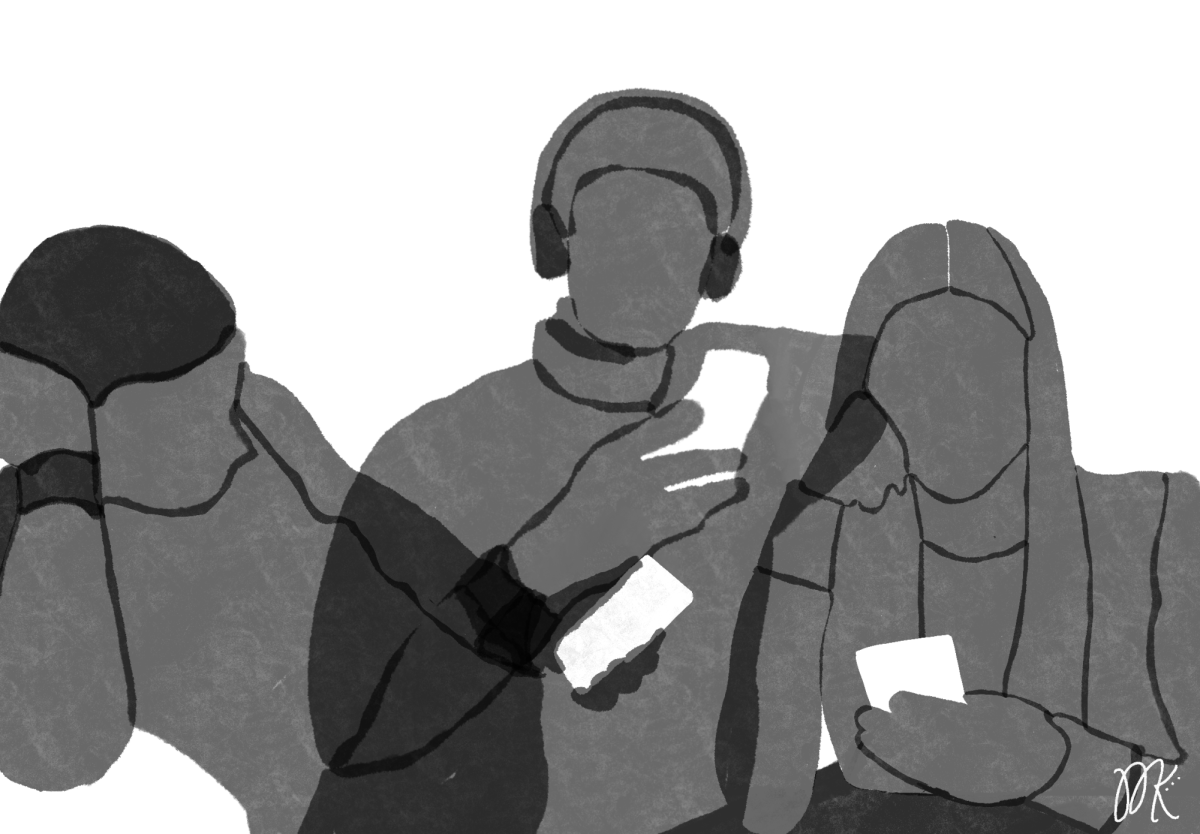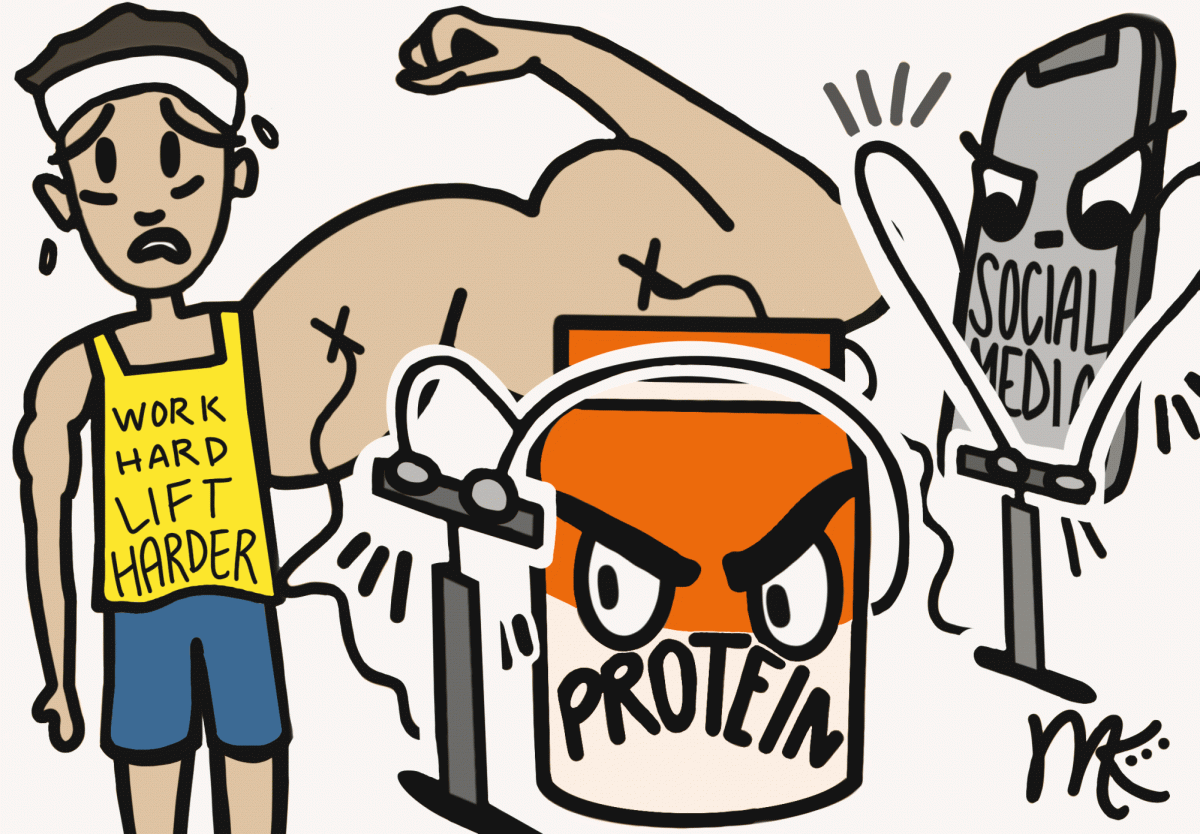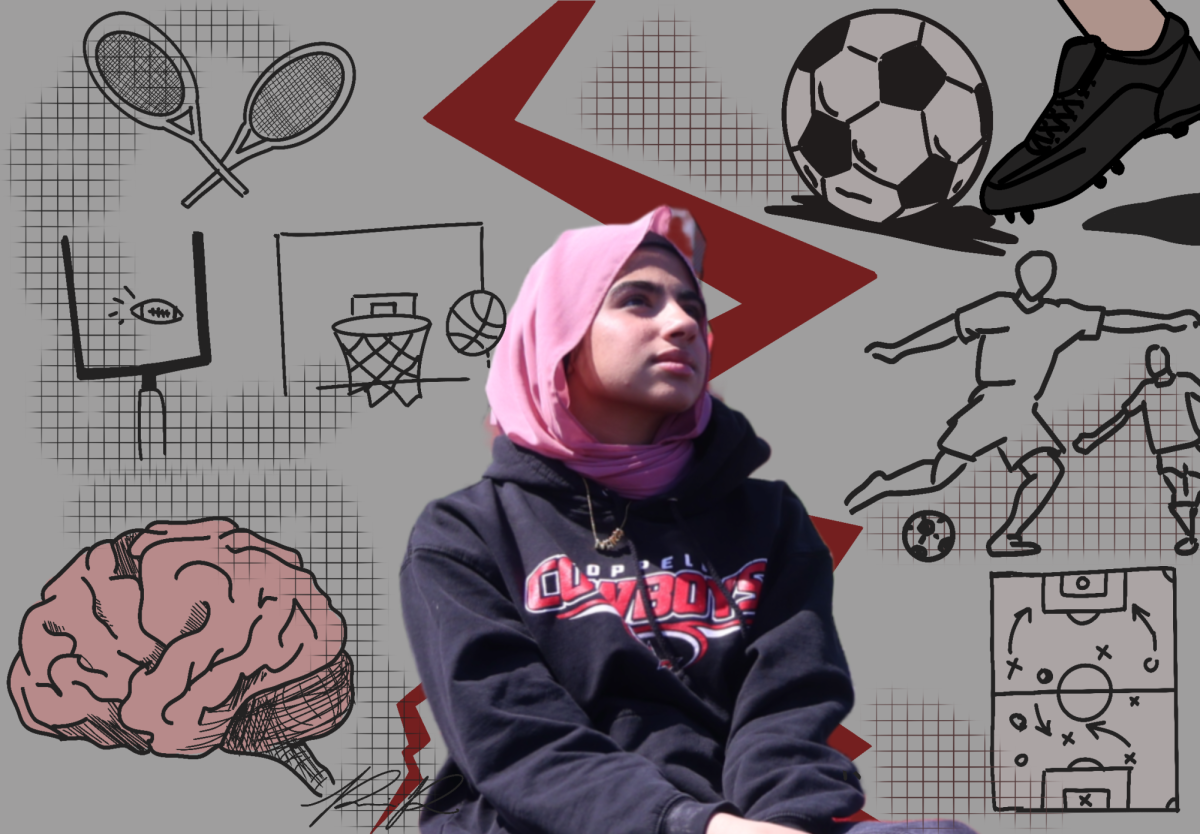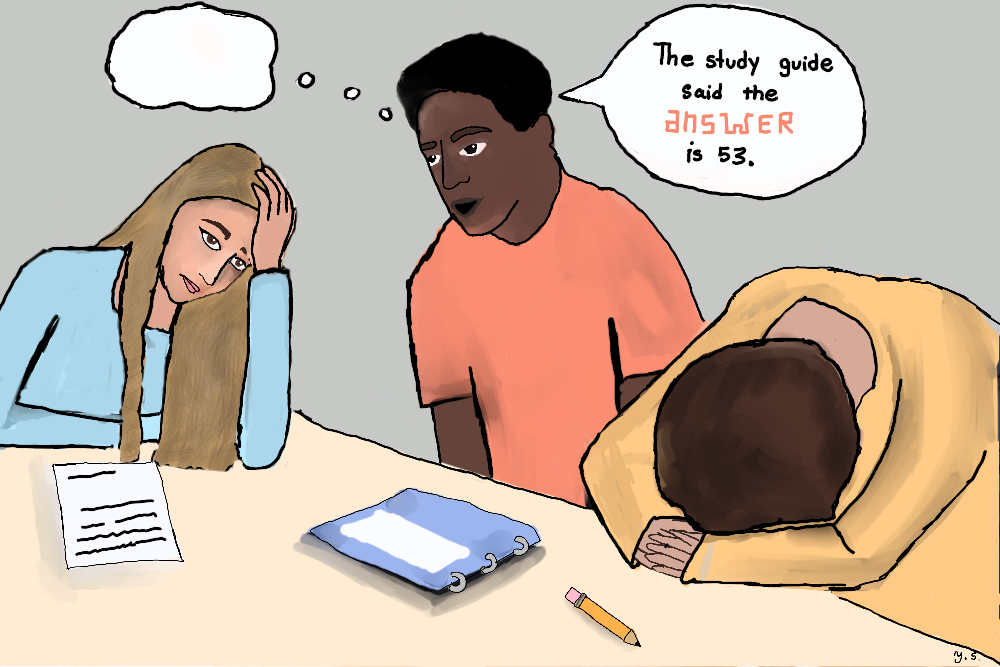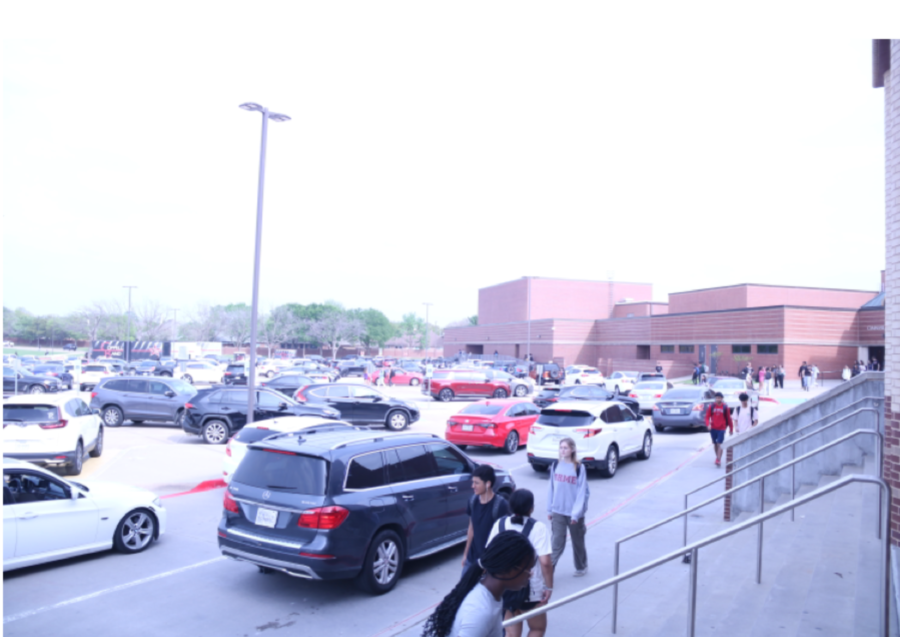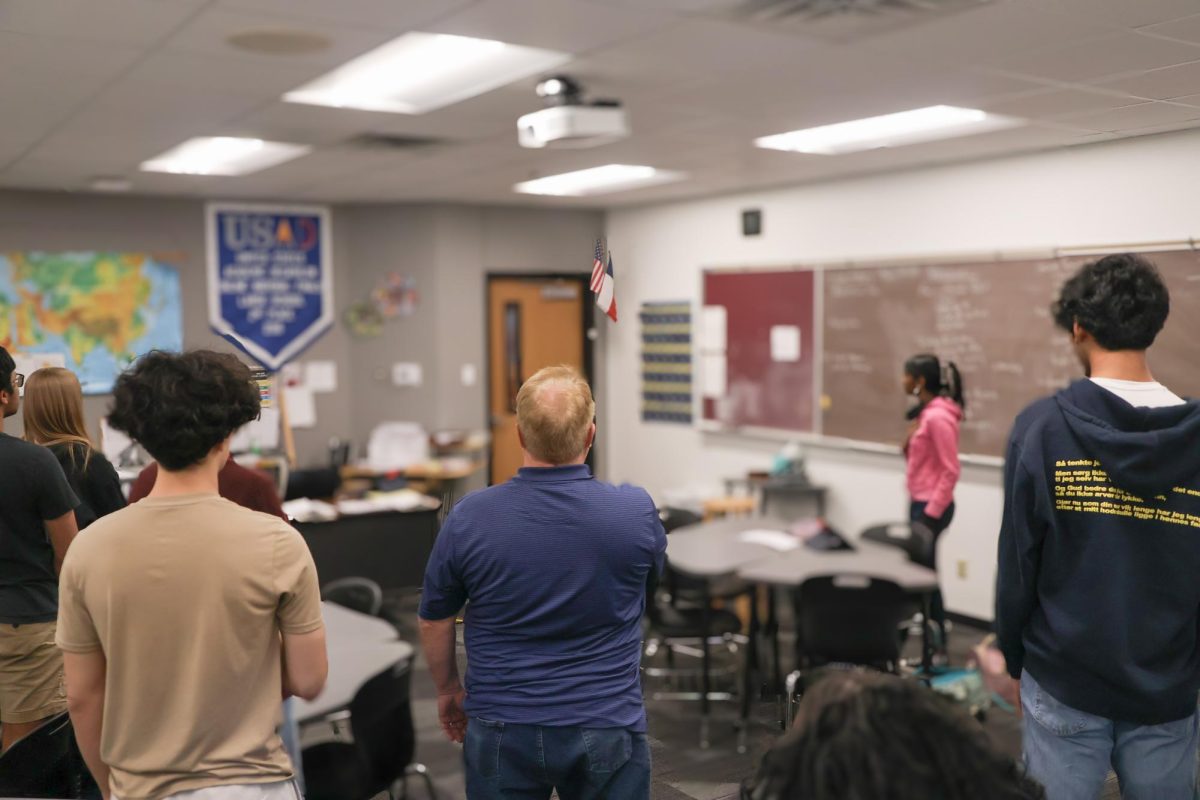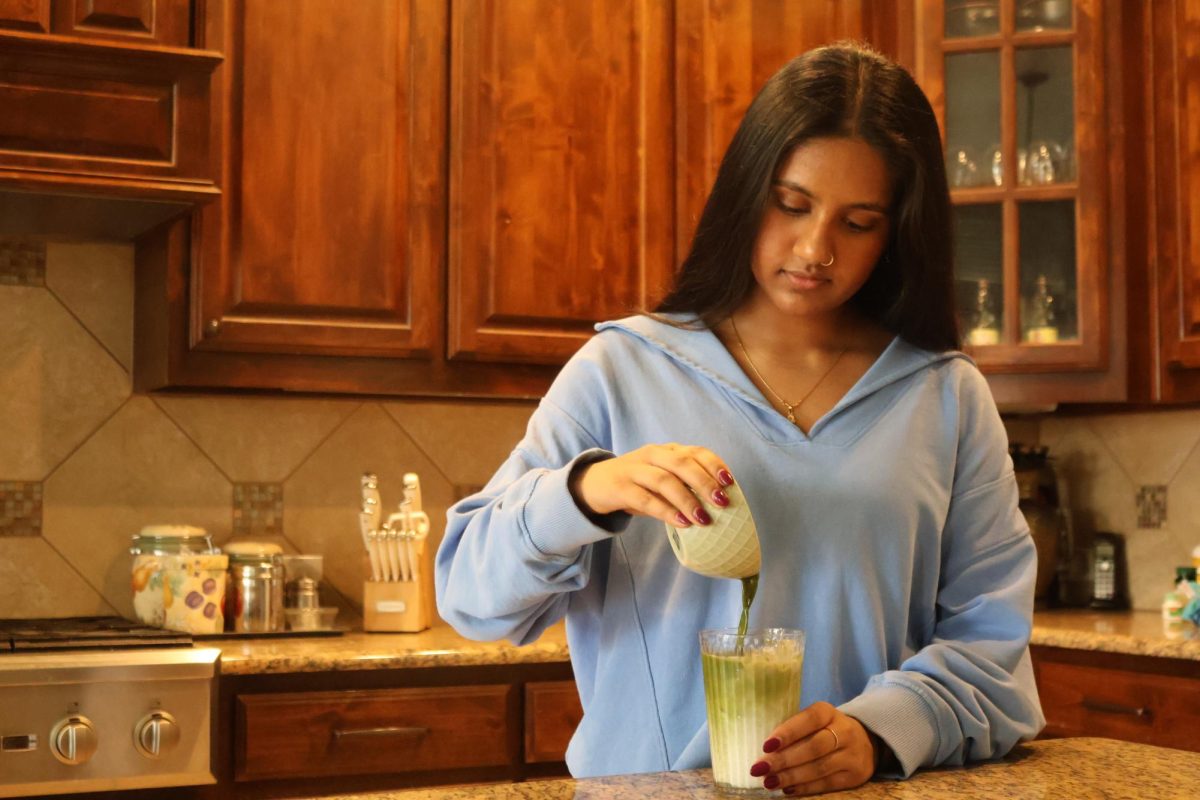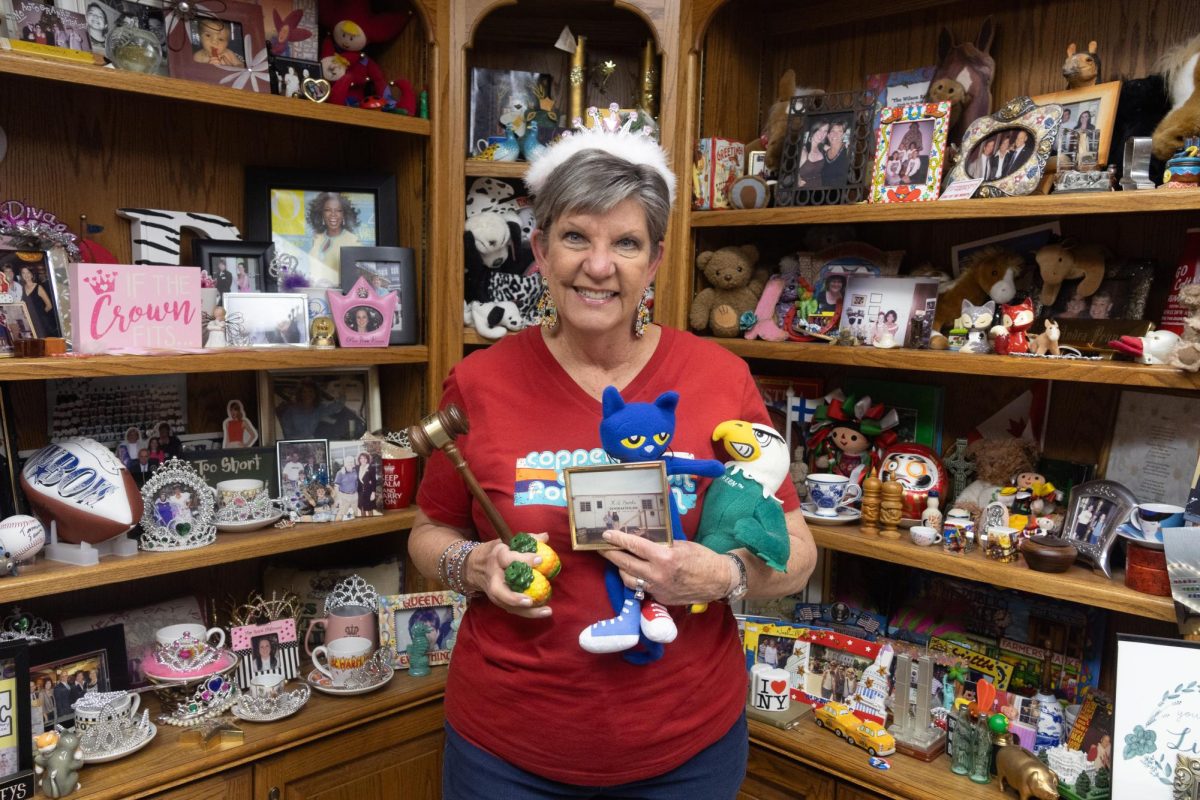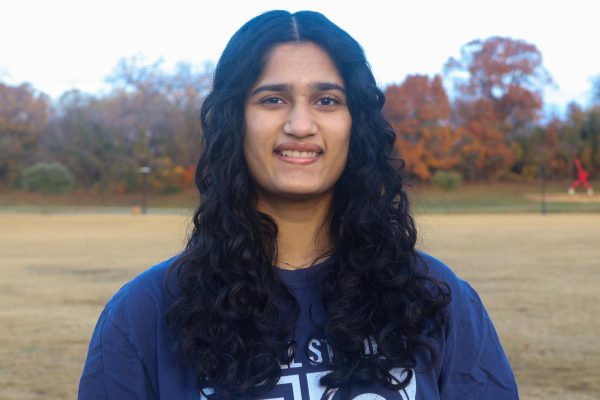The frigid weather encircles the scattered group of Coppell students as they pick up trash around the school. The cold reaches lightless eyes.
We have all heard the phrase “volunteering makes you live longer.” But looking at the students aimlessly dragging their feet in hopes for their hour of volunteering to elapse quickly, seems to suggest the opposite.
As the weight of volunteering increases in college admissions, with many colleges adopting a more holistic evaluation of admissions, the number of personal community service hours has become a concern to most high school students. Although this encourages students to contribute to their community, it feeds into a closed-minded perspective of volunteering.
Instead of looking for a positive impact, the time students contribute to their community is reduced to numbers on a piece of paper, another bullet point to add to their resume.
At Coppell High School, volunteer-based clubs are the primary route high schoolers go to fulfill their quota of volunteer hours, especially through the hundreds of charity-based clubs students create annually. Hours are added up through chores such as picking up chairs or designing shirts, but is this the definition of volunteering we should strive for?
As students pressure themselves to volunteer as a requirement for well-rounded college applications, they become more likely to put their time into volunteer-based organizations that seem the easiest to gain hours from, rather than seeking the best opportunities with a drive for positive impact.
This often leads students to join multiple clubs where they do not participate or hold an interest, to check off diverse volunteering experiences on their applications. Through this, volunteering is redefined and created to satisfy resumes, lowering incentives for students to take a step forward toward activism and communal reformation.
A single hour of volunteering, regardless of how simple or mundane, brings positive influence to the community. However, it should not be limited to the easiest or most effective way to puff up a resume. It devalues the possible impact of volunteering and presents itself as a burden, rather than a means for personal and societal growth.
Therefore, students may miss out on the chance to develop meaningful connections as well as genuine intentions to give back to their community.
This redefinition of volunteering can negatively influence the expected moral and ethical drive behind service. Upon graduation, students may not seek or participate in volunteering opportunities like they may have in high school since it does not academically benefit them.
At CHS, this means that students should aim for more personal and impactful volunteering opportunities and strive for more than extracurricular validation. Joining and serving communities they are passionate about and contributing directly to a cause will create an engaged community of youth in Coppell, one ensuring effective change.
Volunteering to prioritize the actual needs of the community highlights the effectiveness and endurance of real-world volunteer efforts and charity values. As a high school, encouraging volunteering that morally aligns with students’ values and passions will create a broader means of extracurricular activity in students.
If you are interested in gardening, volunteer at the Biodiversity Education Center. If you are interested in reading, volunteer at the library. Beyond high school and academic affiliations, actively engaging in one’s community, participating in initiatives addressing problems from a personal drive, embodies what it means to be a contributing volunteer.
If we volunteer with a genuine desire to contribute, learn and grow, it benefits the community and enhances our personal development, more than a goal for a compelling college application.



